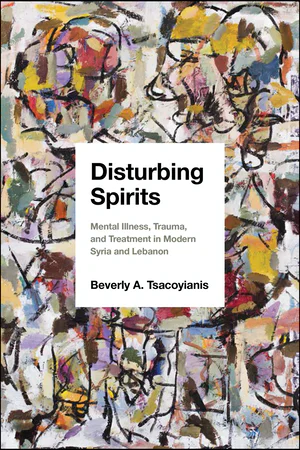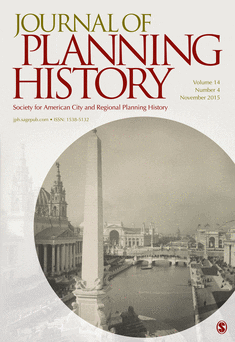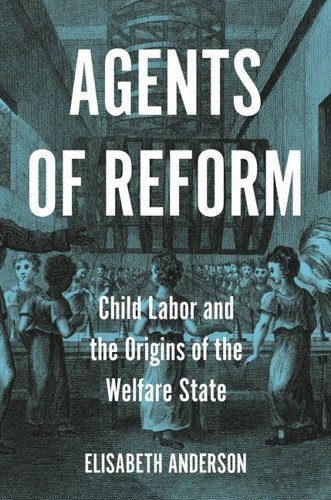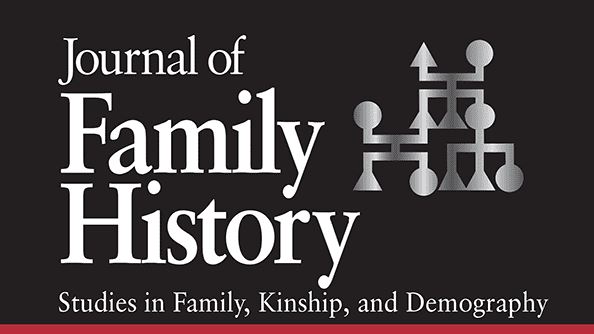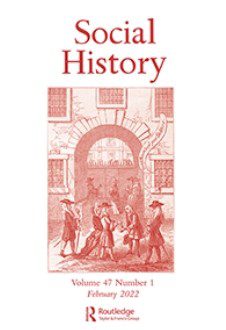
Harry Harlow’s pit of despair: Depression in monkeys and men

news, new scholarship & more from around the world



On 24 April 1932, 500 young men and women participated in direct action to reclaim Kinder Scout in Derbyshire for the people. The trespass paved the way for legal changes that opened up swathes of land for ordinary people to enjoy, including the 1949 National Parks and Access to the Countryside Act.

The history of the psychology of eyewitness testimony cannot be adequately understood without taking the respective legal systems, that is inquisitorial versus adversarial system, into account. Across all periods, questions regarding the accuracy of testimony, its suggestibility, and intentional distortions in false accusations become apparent. We describe the history of the experimental psychology of testimony in Germany from the beginning of the 20th century until the time after the second world war. Louis William Stern and Otto Lipmann conceived and established a broad conception of Aussagepsychologie (psychology of report), attracting the collaboration of lawyers, pedagogues, and scholars from other disciplines to conduct laboratory and staged event experiments. They were successful in institutionalizing psychology and law by organizing interdisciplinary conferences, founding a journal, and testifying as experts in court. When appearing as experts, they encountered strong rivalry from psychiatrists. We also sketch some of the problems psychologists in Germany faced during the second world war. In our discussion, we stress the importance of legal, contextual, and sociocultural factors affecting both research outcomes and expert testimony, which appear to be parallel to present-day concerns. (PsycInfo Database Record (c) 2022 APA, all rights reserved)

A poster from the Parliamentary Recruiting Committee. Imperial War Museum


The Empire Windrush ship



VirdiJaipreet, Hearing Happiness: Deafness Cures in History. Chicago: University of Chicago Press, 2020. 328 pp.
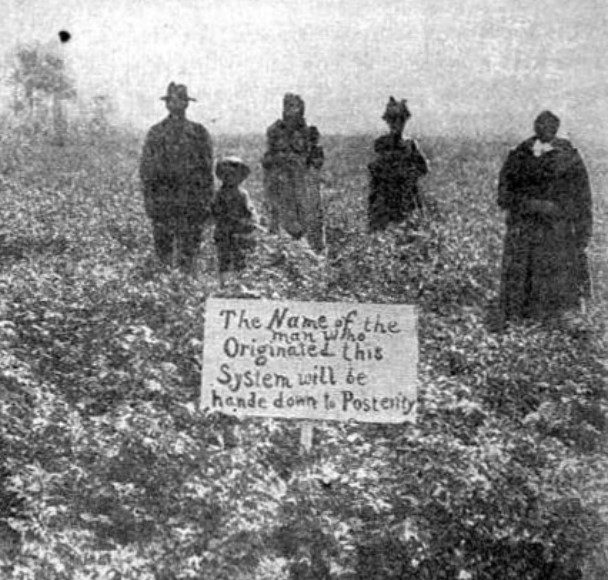
One of his aides told a reporter, “The Mayor proposes to find out if those elegant churches are only for show or for doing some real good.” They were for show…. The city’s wealthy families refused to contribute anything to the project.



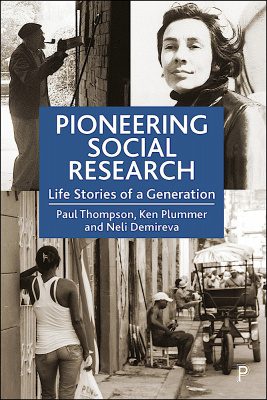
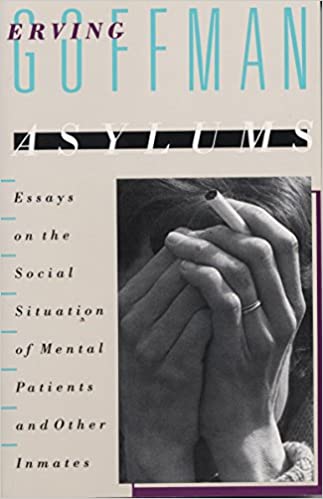
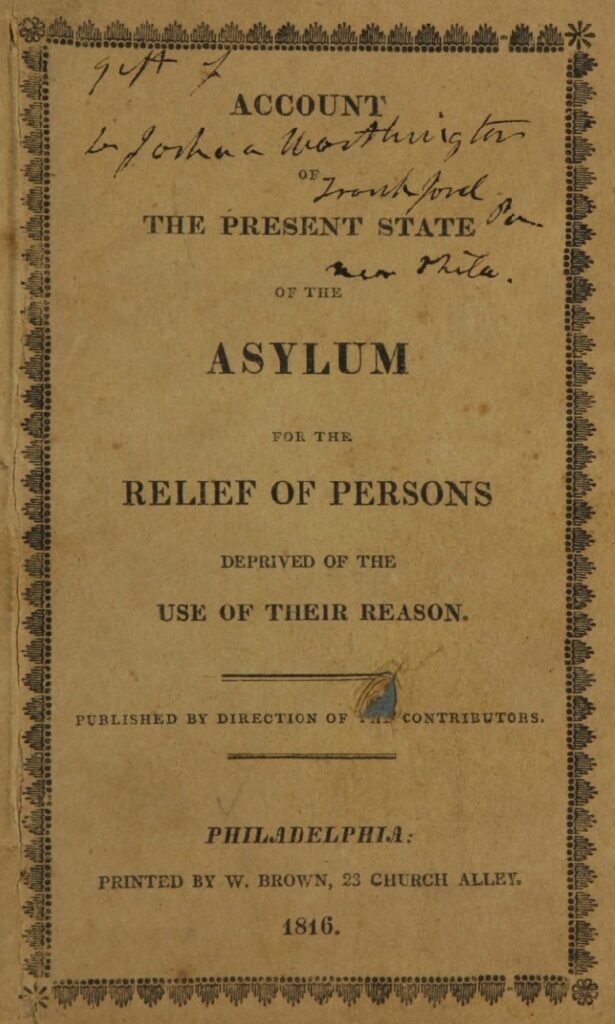


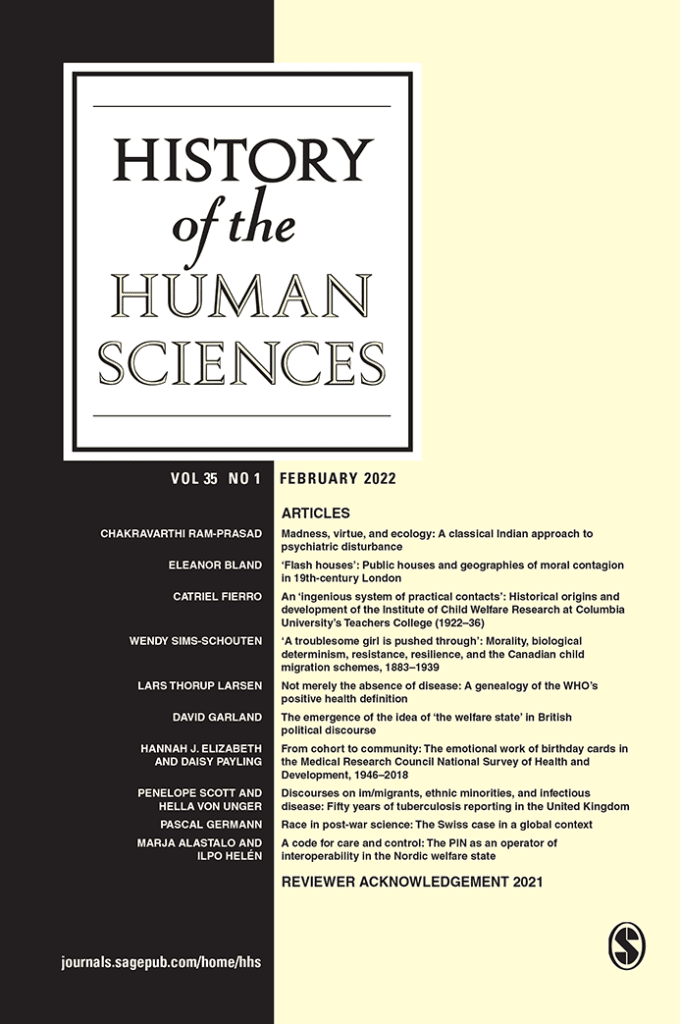
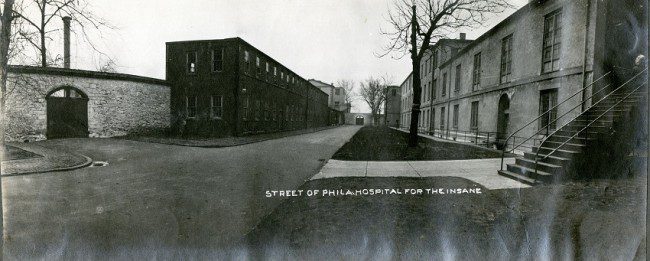
Philadelphia Hospital for the Insane, Philadelphia, PA c. 1900



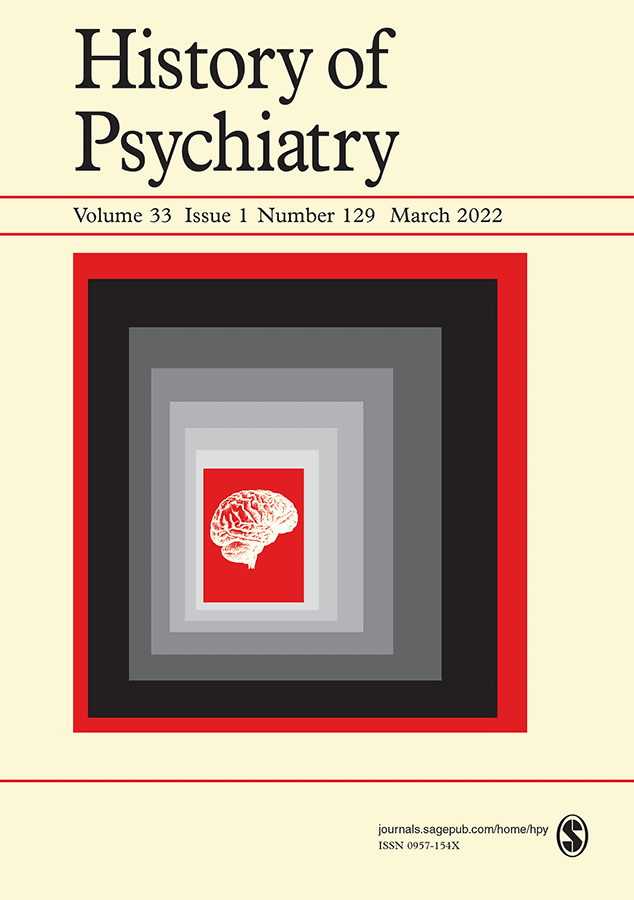
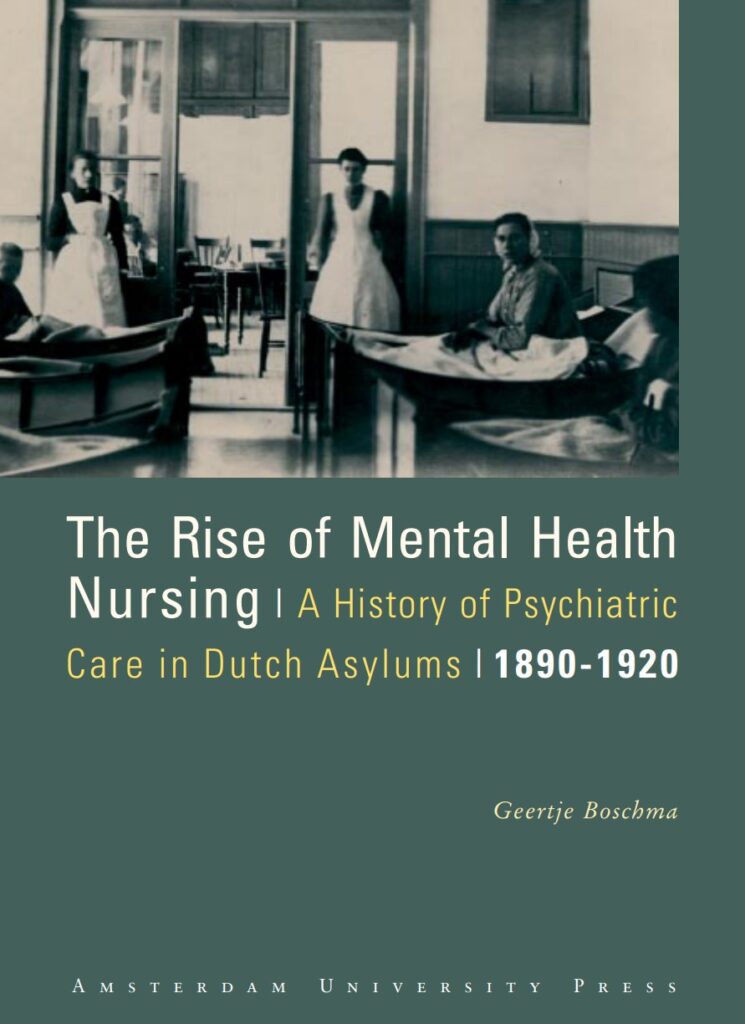
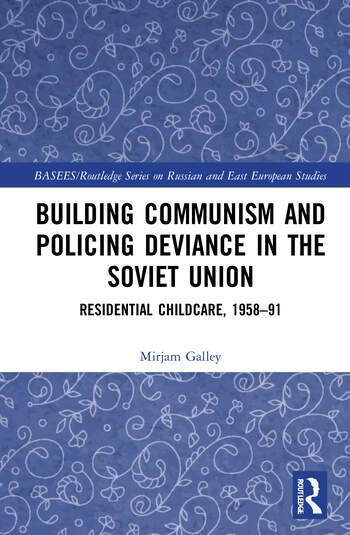
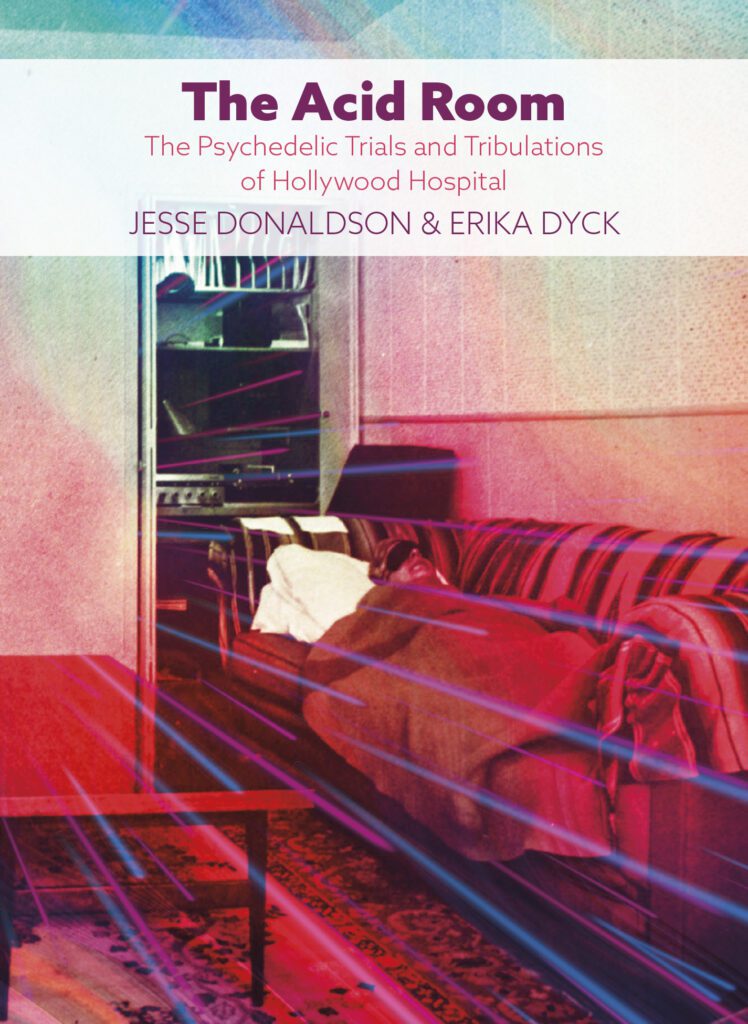

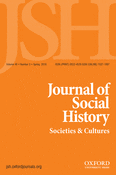

FossKatherine A., Constructing the Outbreak: Epidemics in Media and Collective Memory. Amherst: University of Massachusetts Press, 2020. 232 pp.


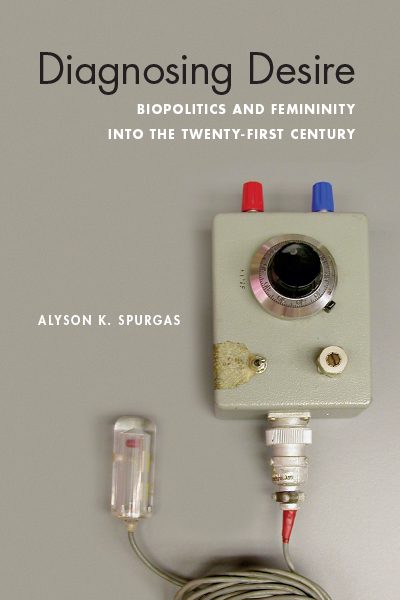

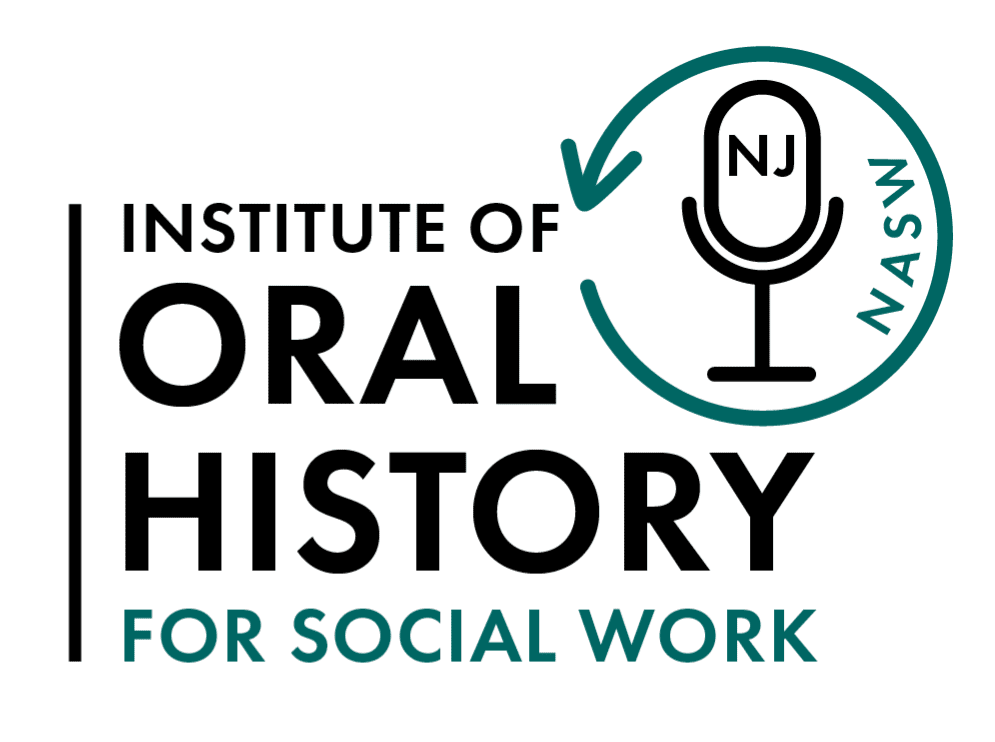


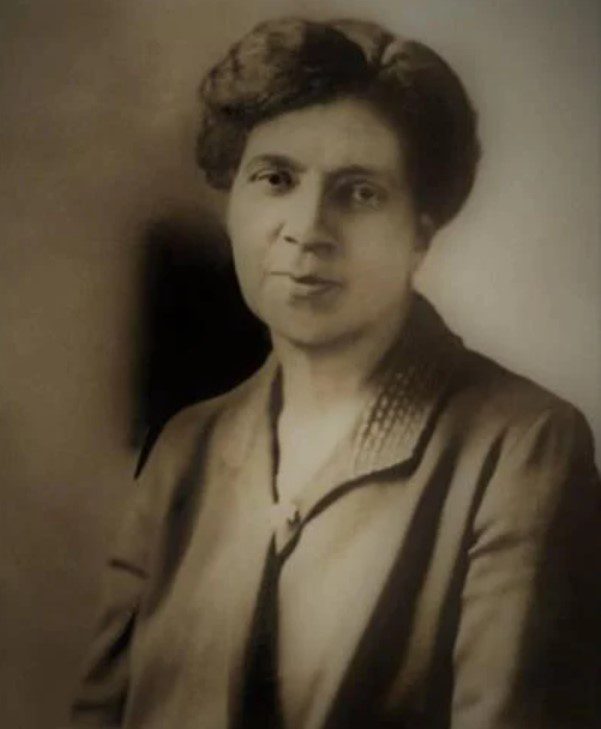
An undated picture of Ada S. McKinley from the website of Ada S. McKinley Community Services in Chicago.
